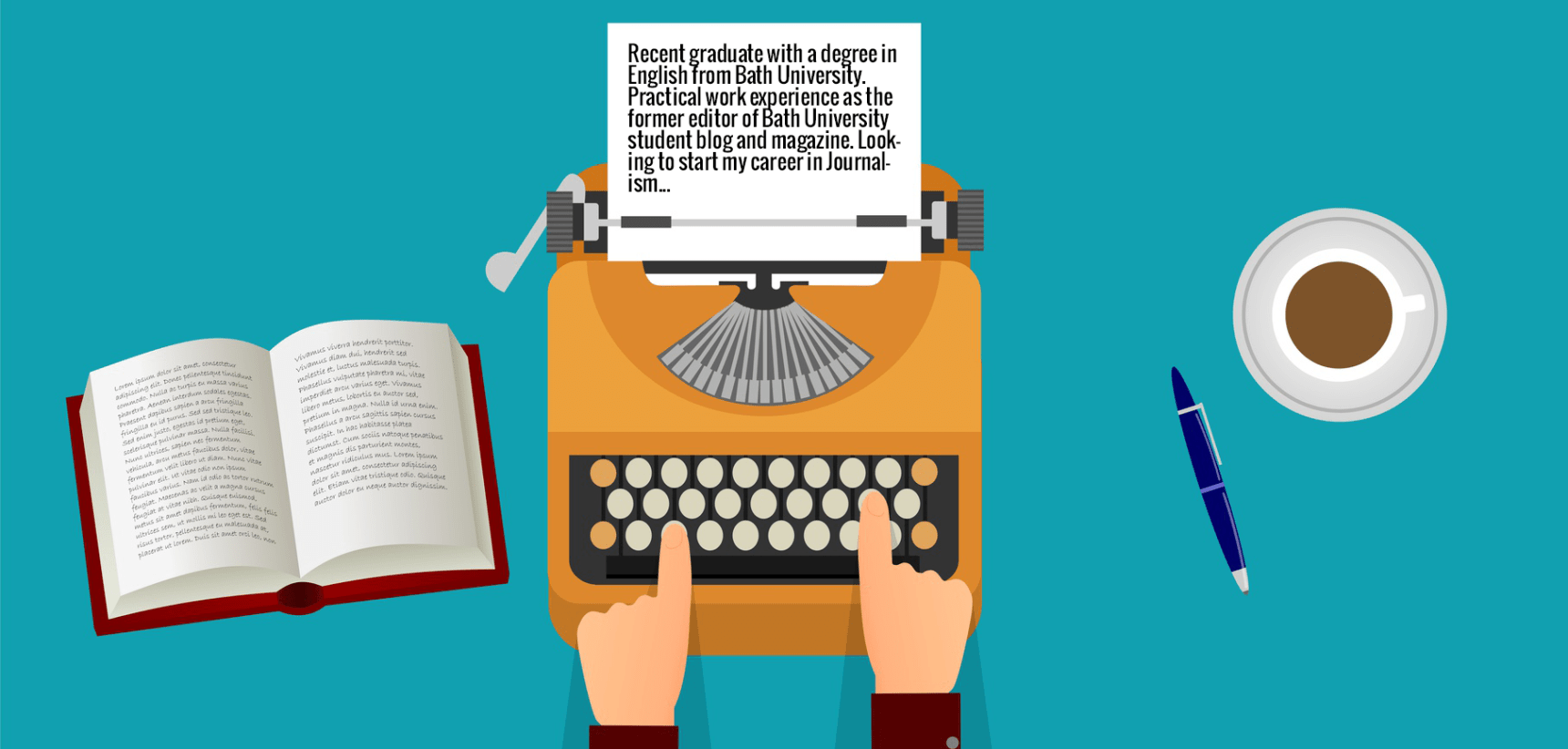 No genre of writing is simultaneously as fun to read and as taxing to write as is the personal statement. I say that the personal statement is fun to read because a good one gives the reader a sense that he or she has really met and come to know someone else, even (and perhaps especially) a complete stranger. I say that the personal statement is taxing to write for obvious reasons: you must distill yourself, your very essence, into 500 or 750 words, each one a polished gem, and your whole future rides on it. Sure, that assessment might sound hyperbolic, but there’s truth to it. The personal statement is one of the few parts of an application in which the applicant gets to transcend numbers, scores, and grades to appear as what each of us is: a real person, whole and complete.
No genre of writing is simultaneously as fun to read and as taxing to write as is the personal statement. I say that the personal statement is fun to read because a good one gives the reader a sense that he or she has really met and come to know someone else, even (and perhaps especially) a complete stranger. I say that the personal statement is taxing to write for obvious reasons: you must distill yourself, your very essence, into 500 or 750 words, each one a polished gem, and your whole future rides on it. Sure, that assessment might sound hyperbolic, but there’s truth to it. The personal statement is one of the few parts of an application in which the applicant gets to transcend numbers, scores, and grades to appear as what each of us is: a real person, whole and complete.
But it is hard to seem whole and complete in three-quarters of a page. So, where to start?
Be honest
First, be honest. There’s no need, of course, to dwell on honest but unflattering aspects of yourself or your experiences, but embellishment is best avoided. (Directing your reader’s attention, or emphasizing specific aspects of yourself, however, are perfectly reasonable rhetorical moves.) Some of the most touching and effective personal statements I have ever read have dwelt on seemingly small or quotidian aspects of a student’s life: a fondness for baking, for instance, or the reason one was drawn to a particular work of art. Sometimes simplest is best. The grandiose can seem manufactured.
Make the statement personal
A common strategy for the personal statement—one so common that it seems almost like cliché—is to wrap the narrative around a single, transformative event. To be sure, a single, transformative event may well be of such relevance and importance that it would make sense as the subject of your statement. But don’t overlook the charm and possibility of a statement about the subtler aspects of what makes you you. That reflection about baking may be much more revealing because it’s so readily identifiable. Likewise, a depiction of how you think may well be vastly more illustrative than a description of a thing you did.
Remember that writing is a process
Finally, it’s worth keeping in mind that a personal statement may go so through many drafts that it’s eventually indistinguishable from its original appearance. I seem to recall that my graduate school personal statement went through ten iterations. Rather than allowing that thought to be a daunting one, consider that there’s no “right” answer, no “correct” version of the statement until you arrive at a draft that feels right to you. And, although it’s almost essential that you ask other people, other sets of eyes, to look over what you’ve come up with, it’s ultimately a question of what you’re comfortable with. There’s no specific formula, and your subject matter is something about which you are the foremost expert—yourself—so while the broad nature of the project might seem overwhelming, it is also liberating. It’s liberating too to remember that this is something that almost everyone must do at some point, so you’re not alone.
Founded by PhDs in English, Cambridge Coaching takes great care to employ admissions coaches who are authors, editors, and teachers of writing, and who have unparalleled experience coaching people in their writing. Our service is a collaborative process, with students and coaches working closely together on crafting the final application. While we do offer copy editing and proofreading, we prefer to work with you collaboratively. As any writing teacher will tell you, writing is a series of steps: brainstorm, outline, draft, re-draft, polish, copy edit, proofread. You can accelerate these steps, but you can’t skip them. That’s the hard truth. But, a coach who understands how writing works can help you move through these steps as quickly and painlessly as possible, emerging from the process with an impressive final product.
Applying for college in 2020? Take a look at some of our previous blog posts below!

Comments